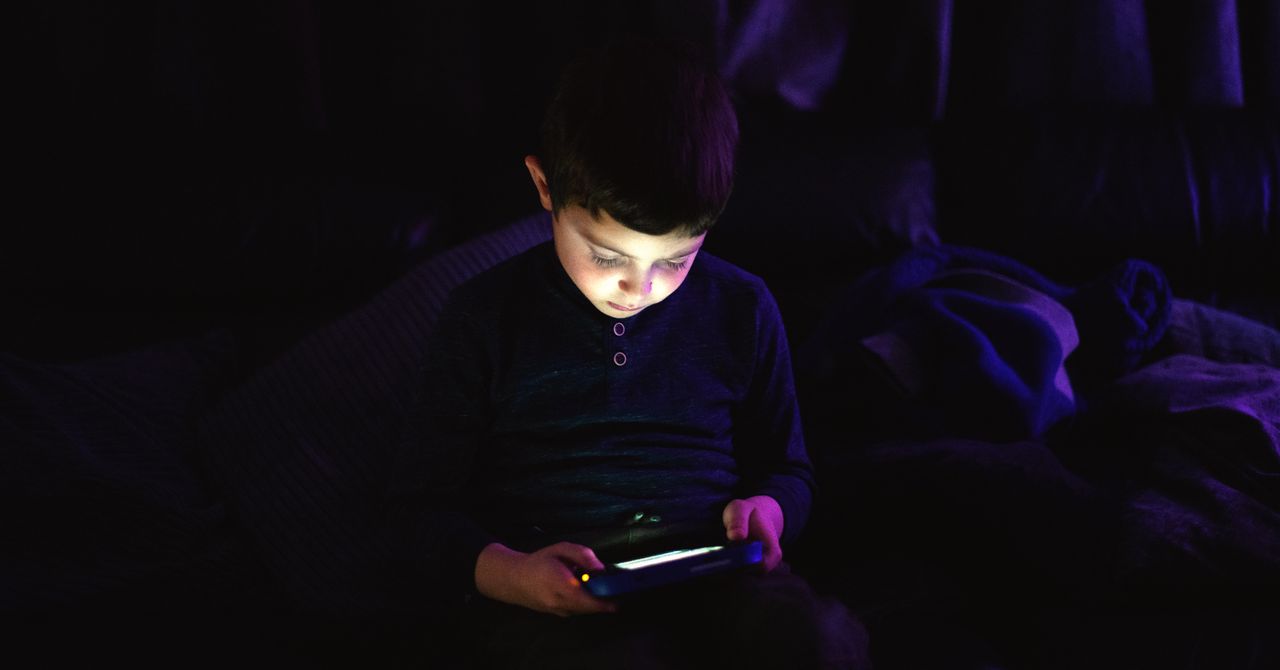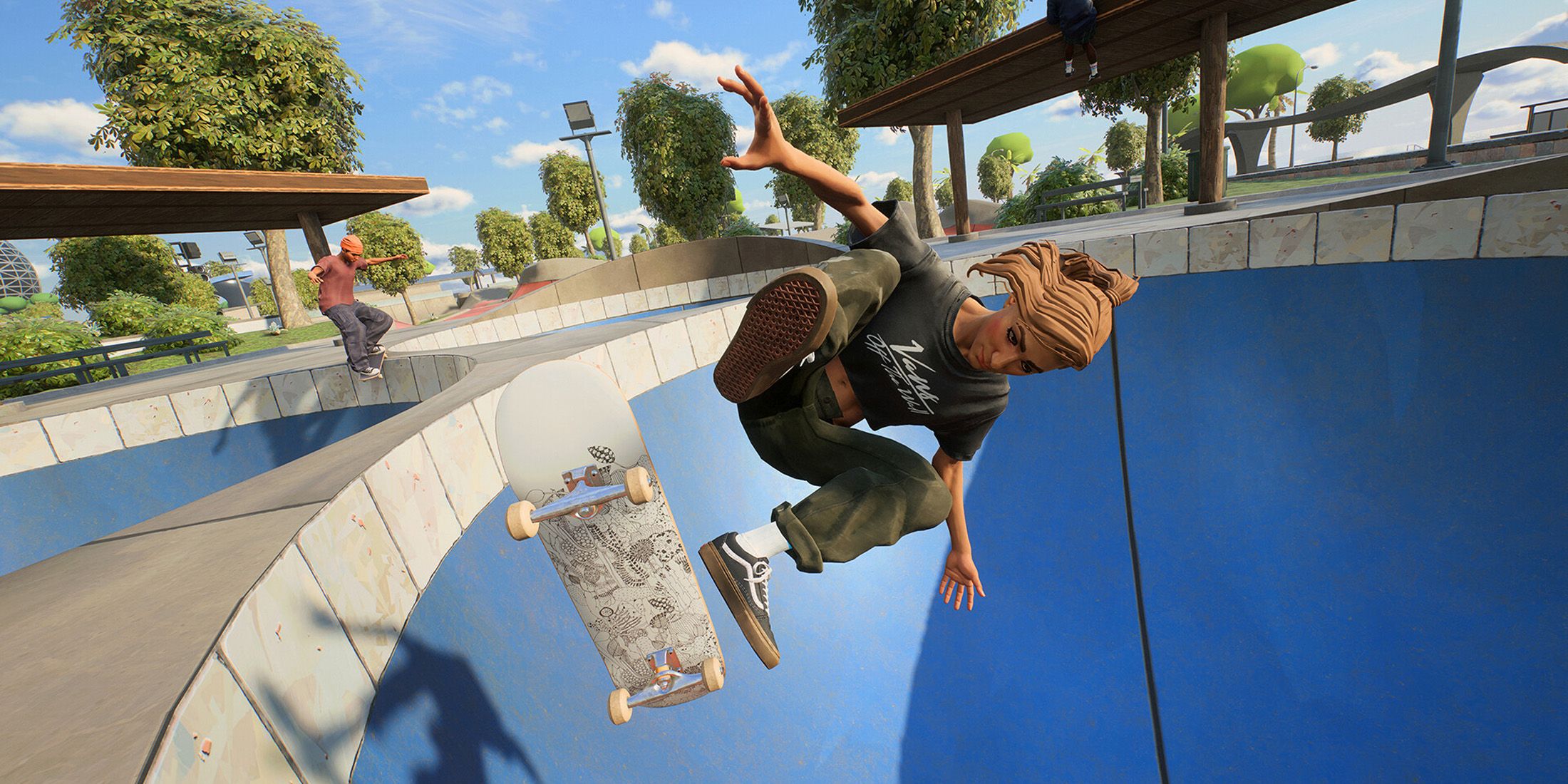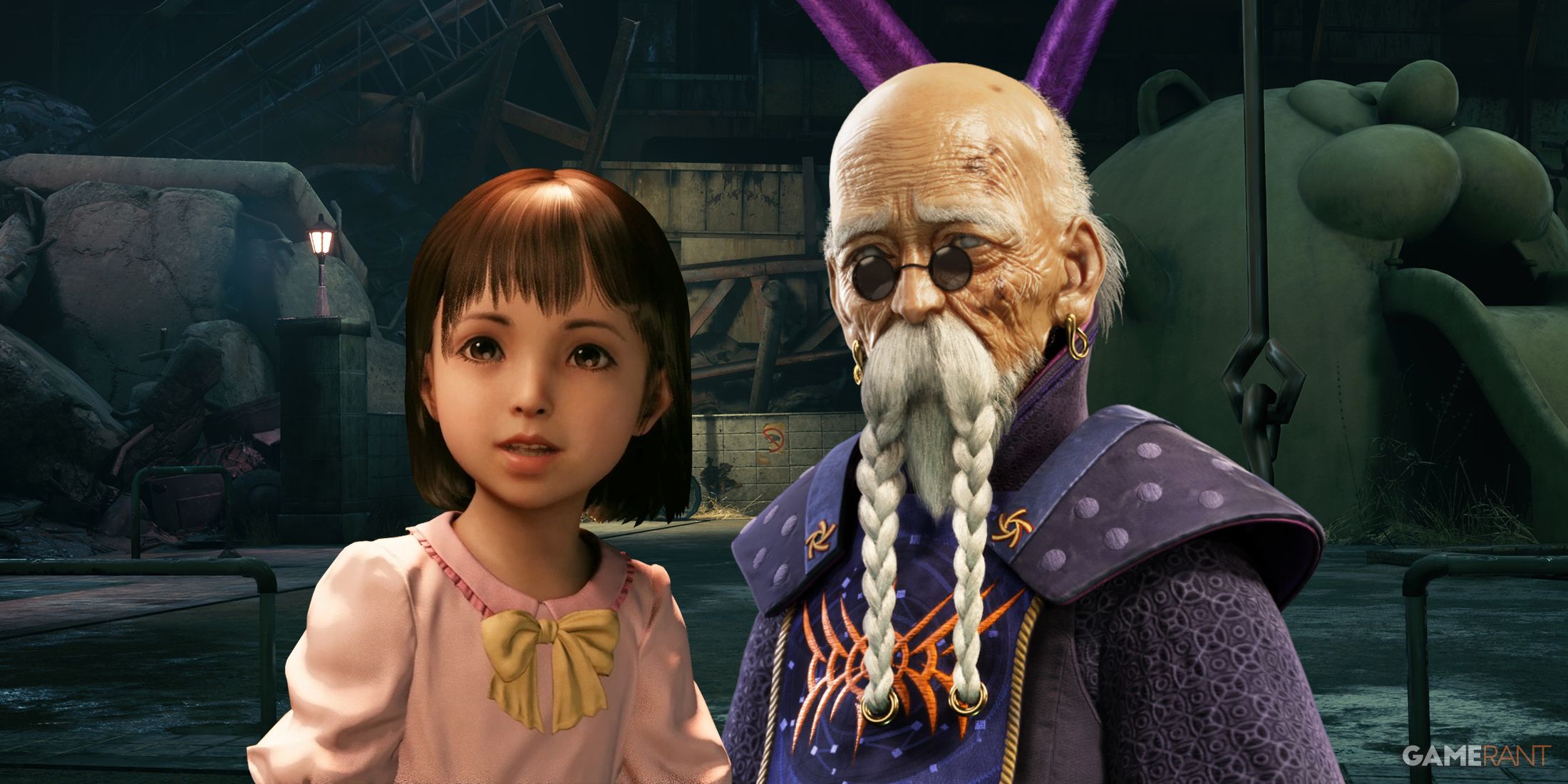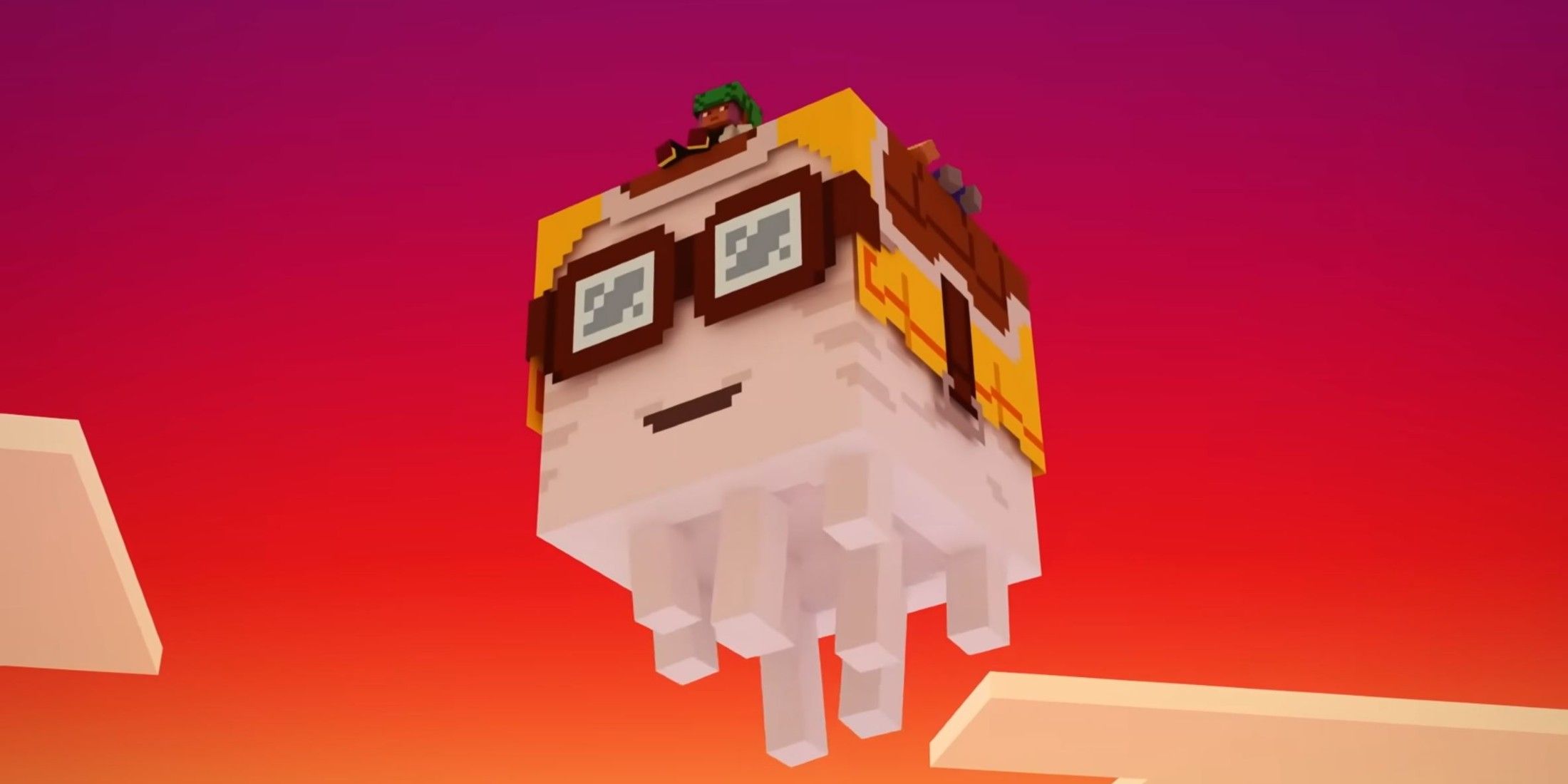
Shane Rafferty plays video games for a living. He’s neither a developer nor a ranked professional, but his work revolves around gaming all the same: Rafferty is a gaming technology specialist. As the name suggests, he uses technology—and video games in particular—to provide social and emotional support for hospitalized children and their families.
Though the job description sounds like fantasy, gaming technology specialists are a reality at more than 50 hospitals worldwide. Among them is the Ann & Robert H. Lurie Children’s Hospital of Chicago. Since August 2021, Rafferty has played dozens of games there, ranging from Mario Kart to Tetris to Super Smash Bros., with hundreds of kids.
Rafferty comes from a health care background, so he’s no stranger to educating patients, distracting them, and helping them cope with diagnoses, but gaming allows him to connect with patients over common interests, too.
“It’s a great way to build rapport with them and break down barriers,” Rafferty says.
Beyond building relationships, he’s also found that playing alongside (or against!) the kids helps them forget they’re in the hospital. It gives them a chance to engage in play, same as their peers.
Video games, a relatable and engaging medium for young patients in hospitals to interact with during their recovery process. They not only serve as distractions from medical procedures but also foster mental wellbeing through peer collaboration or virtual experiences.
Video games have become an integral part of the recovery journey for kids in hospitals, offering not just entertainment but also cognitive and emotional stimulation that aids their speedy rehabilitation.
Video games serve as a powerful tool for fostering recovery, helping hospitalized children alleviate stress and promote healing through engagement in their favorite digital adventures.
Video games provide a constructive outlet for kids in the hospital, helping to ease stress and be an integral part of their recovery journey.
Video games have proven to be a therapeutic saviour for children in hospitals, facilitating their recovery as interactive distractions that foster mental and emotional well-being.














